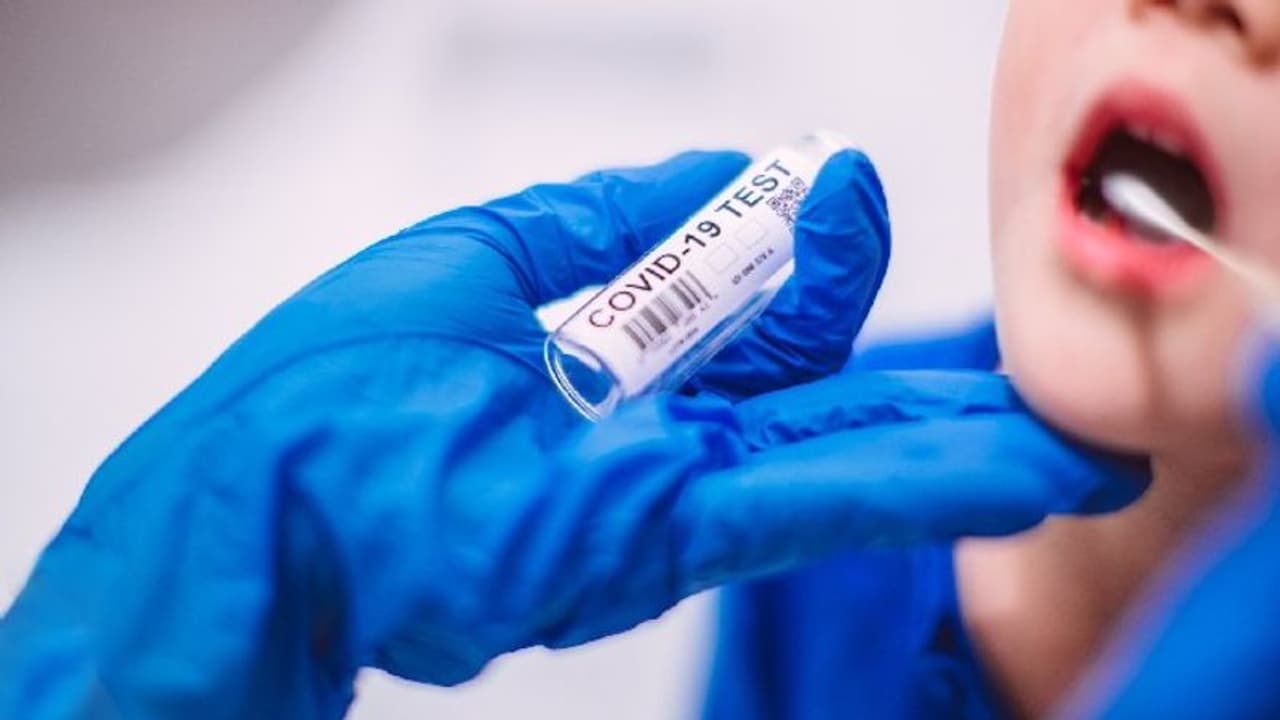According to its weekly pandemic report published on Tuesday, Mu, also known technically as B.1.621, has been identified as a "variant of interest" by the World Health Organization.
The World Health Organization has stated that it is keeping an eye on a novel coronavirus strain known as "Mu," which was discovered in Colombia in January.
According to its weekly pandemic report published on Tuesday, Mu, also known technically as B.1.621, has been identified as a "variant of interest" by the World Health Organization.

The WHO stated that the variation includes mutations that suggest a possibility of vaccination resistance. It is recommended that more research is needed to understand it properly. "The Mu variant includes a constellation of mutations that signal possible immune escape characteristics," according to the report.
Also Read | New milestone achieved as India administers over 1.09 cr COVID jabs
There is considerable worry about introducing new viral mutations as infection rates rise internationally, with the highly transmissible Delta form taking root, particularly among the unvaccinated and in areas where anti-virus efforts have been eased. All viruses, including SARS-CoV-2, which produces Covid-19, change over time, and the majority of alterations have little or no influence on the virus's characteristics.
Also Read | EU chief Ursula von der Leyen says 70 per cent of people in bloc fully vaccinated against COVID
However, some mutations can alter a virus's characteristics, influencing how readily it spreads, the severity of the sickness it causes, and its resistance to vaccinations, medicines, and other countermeasures. The WHO currently considers four Covid-19 variants to be of concern, including Alpha (found in 193 countries) and Delta (found in 170).
Mu was discovered in Colombia and has subsequently been reported in other South American nations and Europe. According to the WHO, its global incidence has dropped to less than 0.1 per cent among sequenced cases. Colombia, on the other hand, has a rate of 39 per cent.
